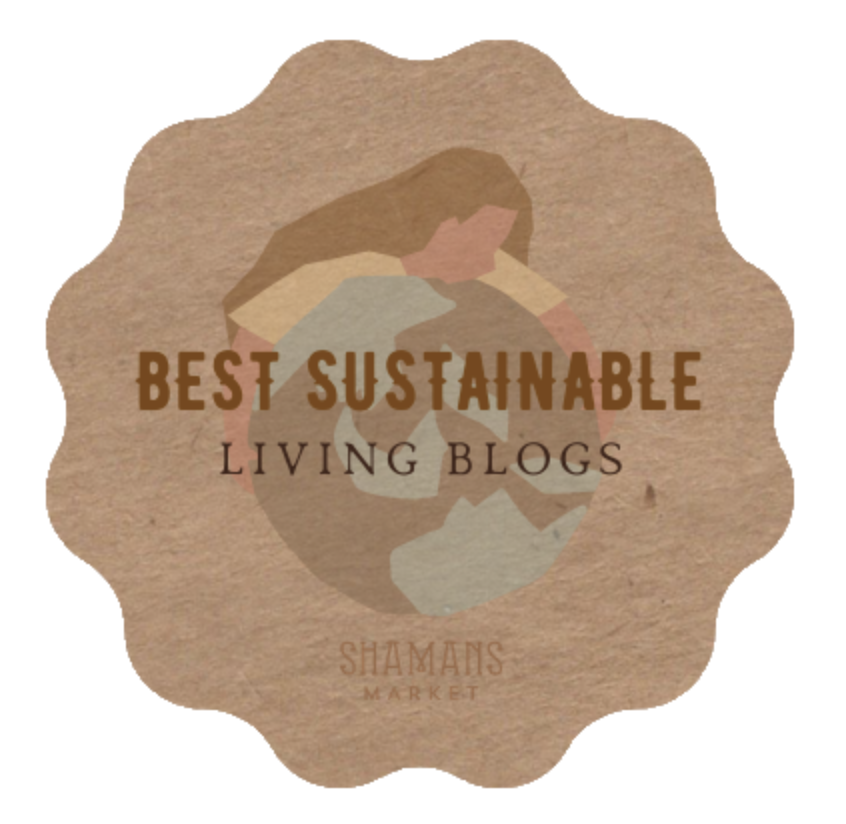 Road Salt on Blacktop Roads
Road Salt on Blacktop Roads With winter coming every year for many parts of the world, road travel becomes difficult. So many townships use Road Salt and this will end up in our oceans. Perhaps causing issues with Prochlorococcus, the invisible green forest in our oceans. These microscopic marine cyanobacteria are probably the most abundant organism on Earth. For millions of years they have made our oxygen. So the panic claim made by some people with a big loud speaker about the Rain Forests being the lungs of Earth, is not true.
We have many environmental impact questions about Road Salt and very few answers. We already know Prochlorococcus are being damaged by plastic pollution in our oceans, so perhaps a closer look into Road Salt is needed.
Road salt prevents black ice and saves many lives from winter road accidents. The minerals use are calcium, magnesium, potassium and sodium. Combined with water, this is a solution that doesn’t freeze and is operational in less than 30 minutes.
Nevertheless, what are all the ecological issues created by road salt? I don’t believe we know. EPA states that high levels of salt in water can affect wildlife, insects, fish and humans. Salt has found its way into our drinking water tables, wells and reservoirs. A report out of Columbia University suggested that the road salt's accumulation problems we have today, is from applications made decades ago. Additionally, we do know that soil erosion is enhanced by road salt.
I have read about many alternatives to Road Salt, but will the supply of sugar beet juice or pickle juice meet the demand? Brines help, but will a certain mixture be as effective as Road Salt? Are sustainable de-icers any use? What are the cost comparisons in money, damage, supply and lives?
Many questions need answers, sadly too many pretentious scientists and other salty people from both extreme camps, are busy making money off of politicizing our environment, instead of actually studying and respecting our environment. To sum everything up, use this LINK to visit the recent past after reading this GTG post.
If any reader or someone you know is associated with a study being done on these topics, please let me know. Any additional data from a university or lab study that can be shared would be greatly appreciated so I may update this GTG blog post.
(Click this LINK now.)
Bill Lauto, at GoingTrueGreen.com
Environmental Scientist
International Sustainability and Energy Consultant
Contribute your comments!






















